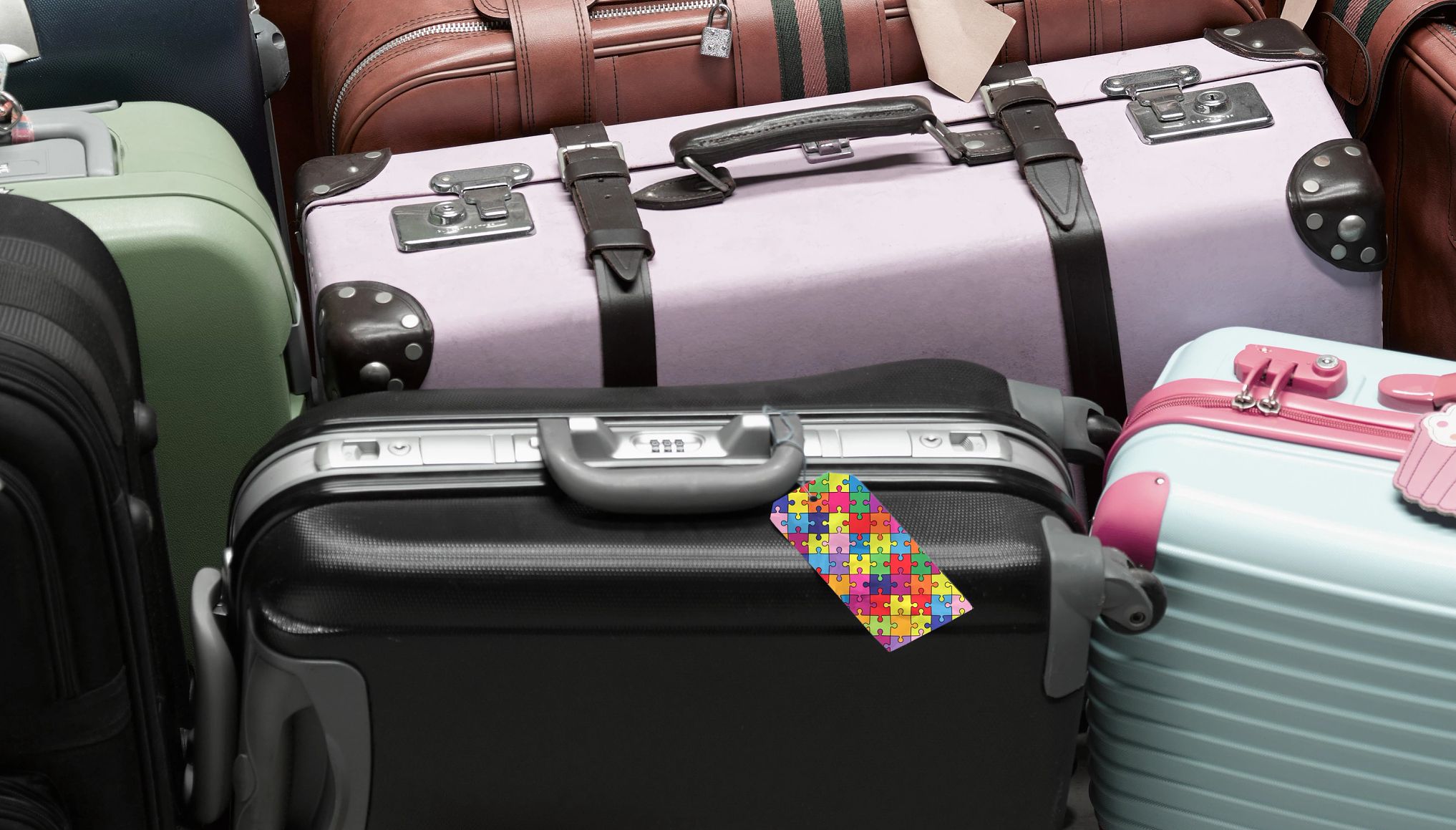AARP Hearing Center
Traveling with autism is becoming easier thanks to new support services offered by many major brands in the travel industry.
It’s estimated that about 2.21 percent of adults 18-plus in the United States, or about 5.4 million adults, have autism spectrum disorder as of 2017.
Hotels, cruise lines, attractions and airports are putting support services into place to help older adults with autism navigate travel more easily and make traveling more enjoyable. Hyatt, Hilton, Royal Caribbean, Carnival, the Grammy Museum and Beaches Resorts are some of the brands adding these services.
The industry’s programs vary widely because many people with autism “want to travel and experience new things,” and “every individual is different,” says Meredith Tekin, president of the International Board of Credentialing and Continuing Education Standards (IBCCES), an independent board that provides training and certification with a focus on cognitive disorders such as autism. Although some people with autism need minimal support when traveling, such as the ability to board an airplane early, some require more intensive support, which may include access to quiet spaces and constant close supervision.
“The question of how many adults over 50 are autistic is complicated” because many adults with autism have never been diagnosed, says Zoe Gross, a woman with autism and director of advocacy for the Autistic Self Advocacy Network (ASAN). Autism was not recognized as a formal diagnosis until 1980 and the diagnosis was limited to children for many years. The Centers for Disease Control and Prevention (CDC) did not release data related to autism in adults until 2020.
Training is key
“The number one most helpful thing the travel industry can do is educate workers who interact with travelers about different disabilities and how they affect people,” Gross says. That’s because “learning about autistic people’s sensory needs, how we may respond to the stress of traveling and learning that we don’t pose a threat just because we are acting differently, would mean workers are more likely to respond compassionately and helpfully, and less likely to treat autistic travelers as ‘the problem’ if we become overwhelmed,” she explains.
Staff at some hotels, such as Hyatt, Virgin Hotels and Hilton, and attractions, such as amusement parks and the Grammy Museum, undergo in-depth training to support the needs of people with autism and become autism certified.
Autism-certified resorts
For many adults with autism, traveling to an autism-friendly resort can be a good choice because entertainment, restaurants and lodging are all in the same place. This cuts down on the number of times guests need to transition to a new place, which can be hard for some people with autism. It also increases the likelihood that a traveler with autism will be supported throughout every aspect of their trip.
































































